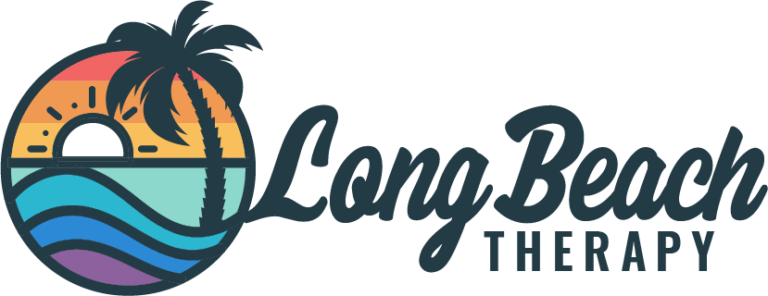When asked about what my specialty is, I have difficulty answering that question. I have had such different experiences with different populations of people while in the therapy field. When I began at a domestic violence shelter, I would say that I worked with a lot of people with trauma, depression and anxiety. They had perhaps called that day from their home where they lived with their batterer and they were, within hours, sitting in front of me telling me how they got in (and out) of an abusive situation. For 10 years, I focused on victims of crime (domestic violence, sexual assault, rape). It was working with those victims of abuse that I learned how to be a good listener, how to be non-judgmental, and the extreme importance that confidentiality can have; as it was often a matter of life and death if the batterer learned where the survivor of abuse was.
After 5 years working at the shelter, I cut down my hours working for the shelter, and I began spending most of my time working with children and families where communication, attention problems, anger management problems, and low self-esteem were the main factors. It was there that I learned patience and that every side has a valuable story to tell. When given the opportunity, even the angriest of people can calm down and communicate.
As I moved along in my career, I eventually started working with couples. I felt very natural within this setting, because it really incorporated all of the experience that I had learned previously. Increasing intimacy, trust within a relationship, and rebuilding a marriage or partnership is all about communication, listening, and controlling one’s own anger long enough to listen to what the other person has to say.
While in private practice, I have had experience with many other issues, such as internalized homophobia and sexual identity issues. This process tends to be about facilitating self-exploration so that the person can figure out what they believe for themselves, as opposed to what has been internalized from society, parents, and other people.
When dealing with people coming in for issues with addiction (Alcohol/Drug Abuse, Sexual Addiction, etc.), I find that I can be helpful in several ways. First, helping the person to learn their triggers to use, finding support for not using (including friends, Narcotics Anonymous (NA), Alcoholics Anonymous (AA), and family). Second, helping my client to find motivation to change the behavior (drinking, using drugs, etc). Third, having the person explore barriers to accessing those motivators and the support (does the person have unresolved childhood issues, for example).
The last issue that I would say that I have worked with a lot is that of bereavement. Educating on the typical responses to grief and loss (for example: anger, sadness or depression, denial) and helping the person process through the sadness is one of the most helpful things I can do for a person with this issue. We will all have grief and loss in our lifetime, but no one experiences that grief and loss the same. It is not my place (with any of the above issues) to tell someone how to grieve, but I can educate and provide support.
I hope that the more I share on my website about myself, the more you will feel inspired to share your story with me. I have built a team at my private practice of therapists who have similar perspectives, similar therapy styles and therapist who enjoy working with a similar clientele as I do so that even when I am fully booked, you can have a therapist who you feel comfortable with to start your journey as soon as possible.
If you live in California and are looking for a therapist, please give us a call at Long Beach Therapy: 562-310-9741.
